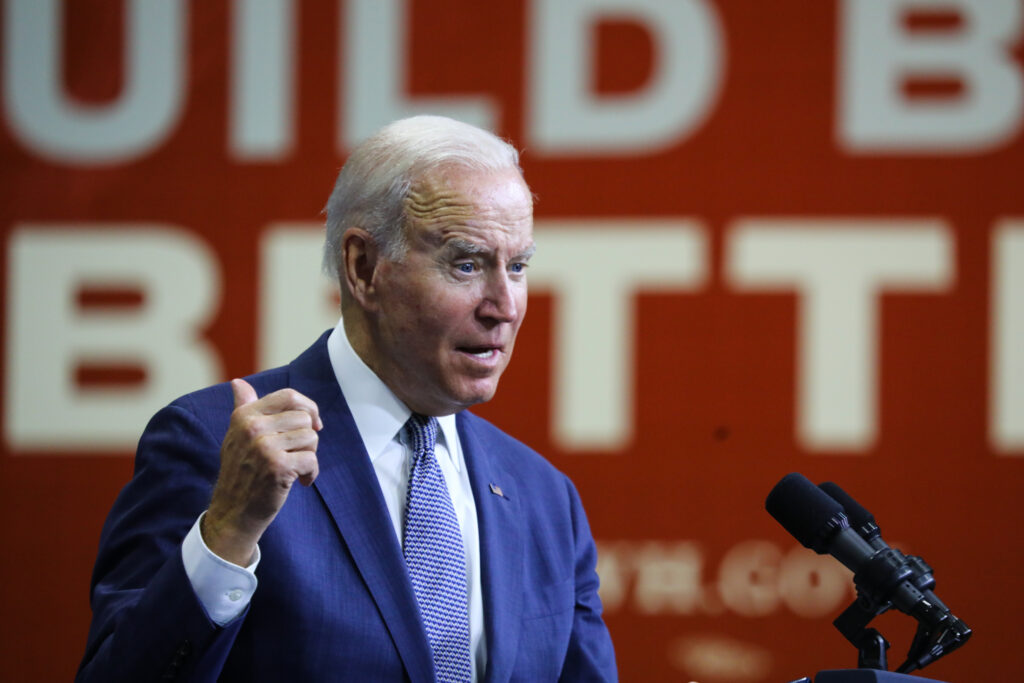Property owners in Louisville, Kentucky who host travelers using the popular sharing-economy service Airbnb are being threatened by city regulators, who claim Airbnb hosts are operating illegal hotels and evading hotel taxes.
City government officials have sent Airbnb hosts letters threatening steep fines, up to $500 per day, although the city’s laws do not specifically forbid or even directly address short-term housing.
Different Kind of Service
Matthew Feeney, a policy analyst at the Cato Institute, says sharing-economy services such as Airbnb are fundamentally different than traditional businesses.
“The sharing economy is different than traditional service providers in that traditional providers rely on professionals to provide goods and services while the sharing economy relies on providers using their own assets, such as their cars, to provide a service,” Feeney said.
Feeney says giving consumers what they want is good for everyone, including sharing-economy providers.
“The sharing economy is demonstrably popular among consumers, as the rapid growth of sharing economy companies such as Uber and Airbnb demonstrates,” said Feeney. “This growth is good for providers in the sharing economy, which offers providers a flexible way to make money.”
Digital Revolution
Bluegrass Institute for Public Policy President Jim Waters says the Internet has facilitated a revolution in how people do business.
“Shared information at the speed of, and the speed made possible by, the Internet has transformed not only our lives but our economy as well,” Waters said.
“These innovations have developed as a way for consumers to bypass top-heavy businesses for more flexible, local, convenient, unique, and personal options – whether that’s passing up monopoly-controlled taxicabs for local transport via Uber or Lyft or renting a local home via Airbnb to bypass big used-by-the-masses and every-city-has-the-same-and-looks-the-same hotels,” said Waters.
More Choice, More Competition
Waters says increased competition for consumers’ spending leads to a higher quality of service.
“The sharing economy […] provides consumers with more choice,” Waters said. “More competition, whether it’s in education or ridesharing services, drives up quality while pushing prices lower.”
Waters says by making it easier for people to utilize available capital, such as spare bedrooms in their homes, consumers win.
“A growing body of research shows that promoting this kind of voluntary exchange leads to job growth, a stated goal but unfortunately not always a demonstrated practice of many lawmakers, including locally elected officials,” said Waters. “Policymakers should not be looking for ways to regulate or kill an emerging market, especially without seeing what’s working or not in other cities globally and also what the specific complaints are in their communities.”
Jen Kuznicki ([email protected]) writes from Hawks, Michigan.
Internet Info:
Katie Finley, “Trust in the Sharing Economy: An Exploratory Study,” University of Warwick: https://www.heartland.org/policy-documents/trust-sharing-economy-exploratory-study/




